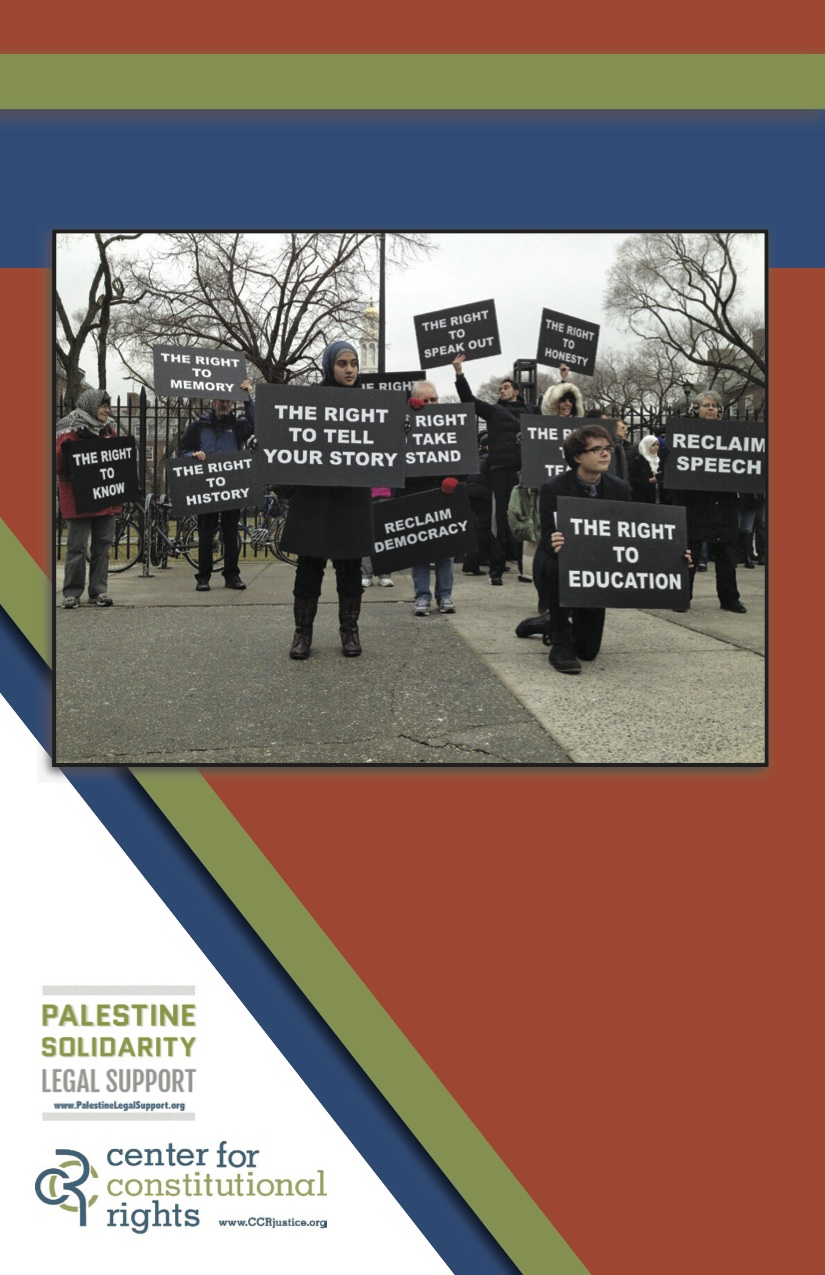Civil rights orgs stand up to protect Cal. State Professor attacked for criticizing Israel on university server
/Is there a First Amendment right to advocate for Palestinian rights on a state university server? Yes! In its latest attack on free speech at California campuses, the Amcha Initiative again attempts to silence opposing political views by distorting the law. Amcha claims that Cal. State Northridge professor David Klein is required to get permission from university trustees before promoting the Academic and Cultural Boycott of Israeli institutions on a university server. But the law Amcha cites merely requires permission from trustees to use the Cal. State University name to imply an official endorsement of a boycott. As the Cal. State administration itself determined in an investigation into the matter, no reasonable person would interpret Prof. Klein's "Boycott Israel" website as implying that the university officially endorses the views expressed. Professor Klein's website is political expression on a matter of grave public importance. He does not need permission. Universities must ensure that debate on Palestine/Israel remains unfettered and academic freedom is protected. For more details on the legal issues, please read the letter from the National Lawyers Guild Los Angeles Chapter to the trustees of California State University.




